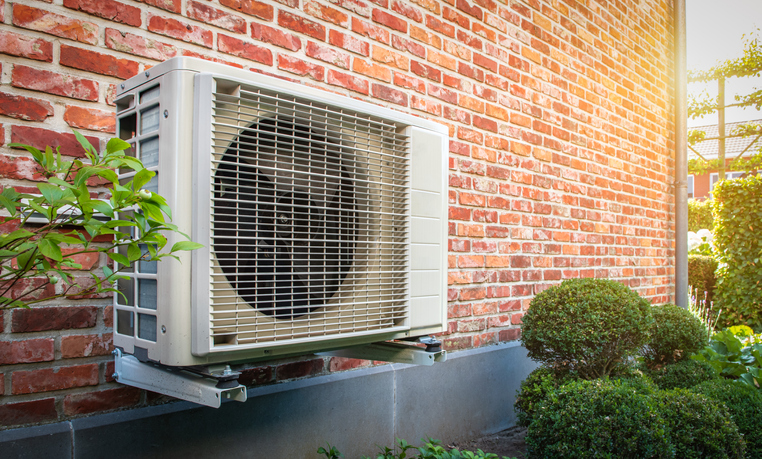
The Role of Heat Pumps in Keeping Arizona Homes Warm
As the winter chill descends upon Arizona, homeowners seek efficient and cost-effective heating solutions. One technology that has gained prominence in our beautiful state is the heat pump. In this blog post, we’ll explore the similarities and differences between heat pumps and air conditioners, understand how heat pumps work, and delve into how effective they are in the Arizona climate.
Heat Pumps and Air Conditioners: A Cooling Connection
When it comes to cooling your home, both heat pumps and air conditioners perform a similar function. They utilize compressed refrigerant to collect heat from inside your home as air passes over the coil in the air handler, transferring it outside. Contrary to common belief, air conditioners don’t cool a home by producing cold air; instead, they remove heat energy from the home, pumping it away to the outdoors.
In cooling mode, the outdoor units of heat pumps and air conditioners appear nearly identical. Essentially, both systems operate similarly in terms of efficiency, energy costs, and overall functionality when cooling a home.
Crucial Differences Between Air Conditioners and Heat Pumps
While heat pumps and air conditioners share similarities in cooling mode, their paths diverge when it comes to heating. Air conditioners are designed solely for cooling and don’t provide heating capabilities. In contrast, heat pumps boast a unique feature – a reversing valve in the outdoor unit. This valve allows heat pumps to extract heat energy from the outside air, even in extremely cold temperatures, and transfer it indoors to warm your home.
This heating capability sets heat pumps apart, making them versatile systems that can both cool and heat your living spaces. On the other hand, air conditioners typically require pairing with a furnace to provide warmth during colder months, making them part of a complete heating, ventilation, and cooling system.
Efficiency Considerations in Arizona
Arizona’s climate, characterized by moderate winters and intense summers, makes heat pumps an appealing choice for homeowners. In moderately cold temperatures, heat pump systems demonstrate energy-efficient heating using electricity, potentially reducing operational costs compared to systems reliant on more expensive heating fuels.
However, it’s essential to note that as temperatures drop below freezing, the efficiency of heat pumps may decrease, leading to higher energy consumption. To address this, some heat pump systems incorporate auxiliary electric heaters to supplement heating during extremely cold weather. In areas with milder winters, heat pumps can serve as efficient and economical heating solutions.
Effectiveness of Heat Pumps in Arizona
In Arizona’s warmer climate, heat pumps are indeed effective heating solutions. Their efficiency and ability to provide both cooling and heating make them well-suited for Arizona’s weather patterns. The advantages of heat pumps include:
Energy Efficiency
Heat pumps efficiently move existing thermal energy from outdoors to indoors, providing effective heating without creating heat.
Year-Round Use
In areas with mild winter conditions, heat pumps operate efficiently throughout the year, offering a continuous and energy-saving heating solution.
Moderate Winter Temperatures
Arizona’s winter temperatures rarely drop to levels that significantly impact heat pump efficiency. The technology remains effective in extracting heat even during cooler periods.
The role of heat pumps in keeping Arizona homes warm is substantial. These systems offer a year-round solution for both heating and cooling, catering to our local climate characteristics. While considerations such as cost, energy efficiency, and longevity play a role in the decision-making process, the overall effectiveness of heat pumps in Arizona’s climate makes them a viable and popular choice for homeowners seeking comfort and efficiency year-round. If you’re contemplating a new heating and cooling system for your home, don’t hesitate to ask us about heat pumps.








0 comments